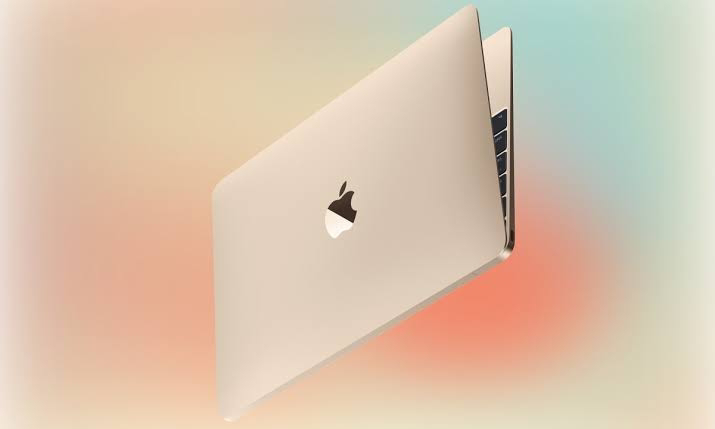Latest
- Get link
- X
- Other Apps
The Cloud Explained
Understanding the cloud in a simple but informative way, From How It Works and Why It matters (So, if ever you wanted to know but we're afraid to ask)
What Is the Cloud? ( little hint, it's not up there)
To Simply Explain the "Cloud" , it is a server accessed over the internet (so, it's not a real Cloud). The Cloud stores data, run programs, or host services without the need to store things physically on your devices like your phone and computer...
How It Works?
To understand the Cloud it may be easier to imagine it as a huge network of computers called servers, in data centers all over the world.
These servers:
- Store files via providers such as Google Drive or Dropbox
- Run apps or websites like Netflix, YouTube and many more
- Power software remotely like Microsoft 365, Adobe Creative Cloud etc
- So when you use the cloud, you're basically renting power and space from someone else's supercomputer.
- Real-life Example: To understand how it is used in everyday life
- Google Drive: Storing your files and making them accessible anywhere.
- Netflix: Streaming movies off the Cloud servers.
- iCloud: Syncs your Appledata between devices.
- Dropbox: Backingup and sharing files
- Microsoft Azure/ Amazon AWS: Hosts websites, and databases
Concepts Exploration
1. Cloud Storage
Storing files online instead of on your device
Example: You upload photos to Google Photos, you can access them from any device.
2. Cloud Computing
Running software or doing tasks in the Cloud.
Example: Canva processes your graphic designs online, it doesn't need to be installed.
3. Cloud Hosting
Hosting websites, apps, or games on cloud servers.
Example: Shopify stores your online store on Cloud servers so it loads faster for everyone.
Types of Cloud
Public Cloud:
Services shared across many users
Examples: Google Cloud, Amazon Web Services (AWS), Microsoft Azure
Private Cloud:
Dedicated to one company or organization
More secure, but more expensive
Hybrid Cloud:
Combines both public and private
Used by many large businesses for flexibility
Common Services in the Cloud:
SaaS (Software as a Service): Gmail, Zoom, Canva, Microsoft Teams
PaaS (Platform as a Service): Heroku, Google App Engine
IaaS (Infrastructure as a Service): AWS EC2, Microsoft Azure, DigitalOcean
Think of it like:
SaaS = renting a house already furnished
PaaS = renting a house with space to build your own furniture
IaaS = renting land to build your own house from scratch
What are the Benefits of the Cloud ?
- Access anywhere, anytime
- No need for expensive hardware
- Automatic backups
- Scalability (start small, grow easily)
- Collaboration (multiple users can access files or apps)
Risks / Concerns
Security & privacy - Your data lives on someone else's server
Internet dependence - No access if your connection drops
Subscription costs - Many Cloud services charge monthly
Data loss (rare) - Only if a provider shuts down without notice
Who Uses the Cloud?
Students: Store homework, use apps like Google Docs
Businesses: Host websites, run customer data, email services
Developers: Test software, deploy apps, manage data
Gamers: Play games streamed from the cloud (especially e.g., Xbox Cloud Gaming)
Content Creators: Edit videos/ photos without powerful computers
What is the possible Future of the Cloud?
- More AI-powered Cloud tools
- Cloud gaming will rival consoles
- Serverless Computing Developers won't need to manage servers at all
- Stronger privacy controls and data localization laws
Too cut the long short
The Cloud let's you store, access and run apps and services over the internet, without needing all the power or data stored locally on your device.
We thank you for reading and hope you found this post informative and helpful. We ask that you please share and comment below, tell us what you thought. Please follow us on our socials, X (@TechQuestJourn) and Instagram (@TheTechQuestJournal) and if you want to to connect with us you contact us on our email: contact@thetechquestjournal.com. We truly appreciate all the support we receive.
- Get link
- X
- Other Apps



Comments